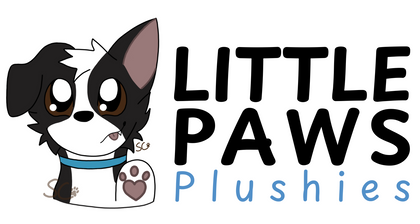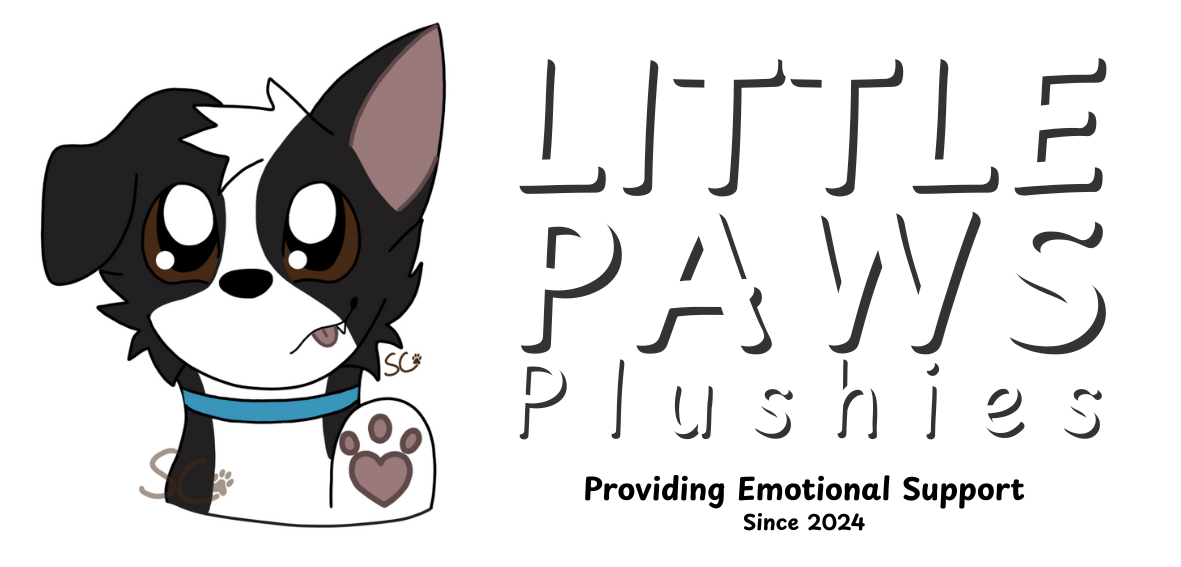
Understanding Your Child's ESSA: A Guide for Parents and Caregivers

Why is my child so attached to their Emotional Support Stuffed Animal (ESSA)?
For children experiencing anxiety, the world can often feel overwhelming. An ESSA acts as a physical source of comfort and security. It's a close, constant, reliable presence that provides a sense of calm in moments of stress or uncertainty. At home, this support is readily available, but the need for comfort doesn't disappear when they leave the house. It may be even more crucial as they step out of their safe place.
Why does my child want to take their ESSA out in public?
Leaving their ESSA at home can feel like leaving behind a crucial part of their support system. In unfamiliar or stressful situations, the ESSA provides a sense of grounding and helps them regulate their emotions. It's a reminder of their resilience and inner strength. It may not be visible that your young person is struggling with anxiety, as it’s an internal struggle. This means they may be doing all they can to mask the anxiety that’s overwhelming them. If they’re able to have their ESSA at hand, they’ll have an external source of regulation that they can grip instead of being gripped by anxiety themselves.

Addressing the Stigma
We understand that you might be worried about how others will perceive your young person carrying an ESSA. General society norms can sometimes be judgmental, but it's important to remember that every child has unique needs. Prioritising your young person’s well-being is an act of love and support, in addition, it shows your young person you’re on their side.
Allow your child to bring their ESSA out in public is a powerful way to validate their feelings and show them that their needs are important and, that you care. It's about breaking free from the stigma surrounding mental and emotional well-being as needing to be a private battle and empowering your child to prioritise their self-care.
Supporting Your Child's Courage
We understand that taking this step might feel daunting, both for you and your young person. Here are a few suggestions:- Start small: Begin with short trips to familiar places, like the park or a friend's house. Somewhere outside of the safety of home but still known and comfortable.
- Open communication: Talk to your child about how they feel when they have their ESSA with them. Having curiosity and giving the young person a voice in their own well-being.
- Positive reinforcement: Celebrate their courage and acknowledge their efforts to manage their anxiety. Be a cheerleader, show them you are on their team.
- Explain to others if necessary: If you encounter questions or comments, a simple explanation like, "This helps my child feel more comfortable," is often sufficient. If not, be willing to speak up, the young person will feel even more validated when they hear you advocate for them publicly.
It's important to emphasise that an ESSA is not a sign of weakness. It's a tool that helps your young person navigate challenging emotions and situations. It's a symbol of their self-awareness and their commitment to their well-being. It helps them to co-regulate, which means when they feel anxious, uneasy and nervous on the inside, there is a buddy that can help them feel calm and strong right by their side.

Embracing the Journey
By supporting your young person's need for their ESSA, you're giving them the tools they need to thrive. You're showing them that their feelings matter and that they are not alone.
Please note: This blog post is intended to be a supportive and encouraging message. It’s important to remember that individual experiences with anxiety vary greatly, and what works for one person may not work for another. If you have serious concerns about your young person's well-being, please consult with a qualified mental health professional.

